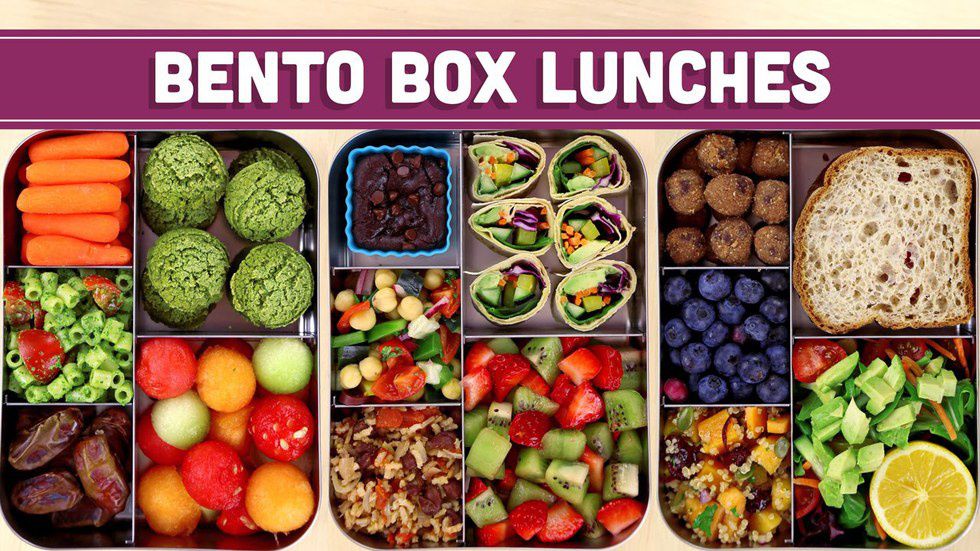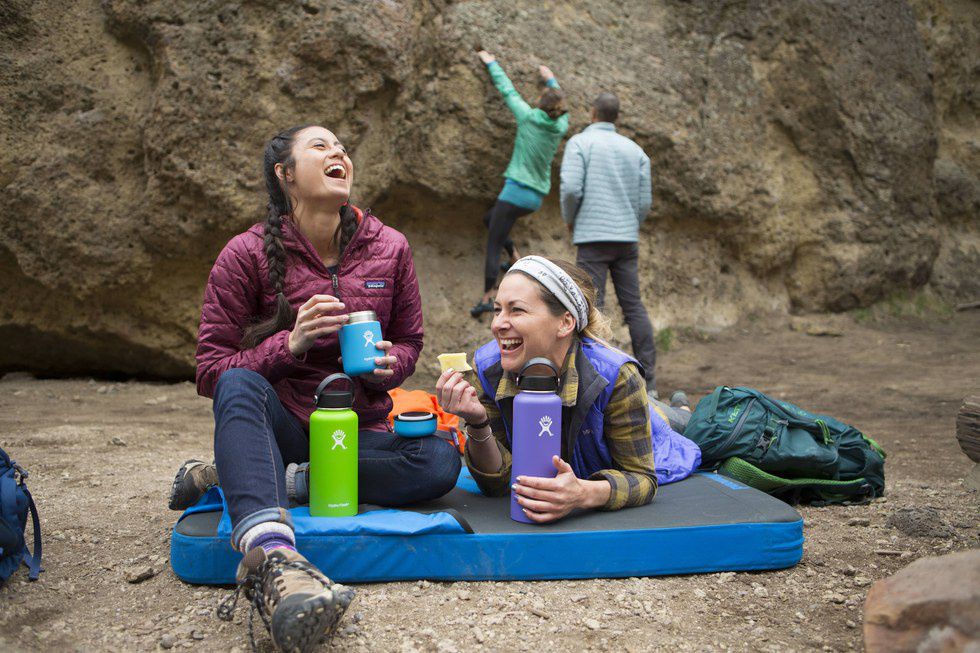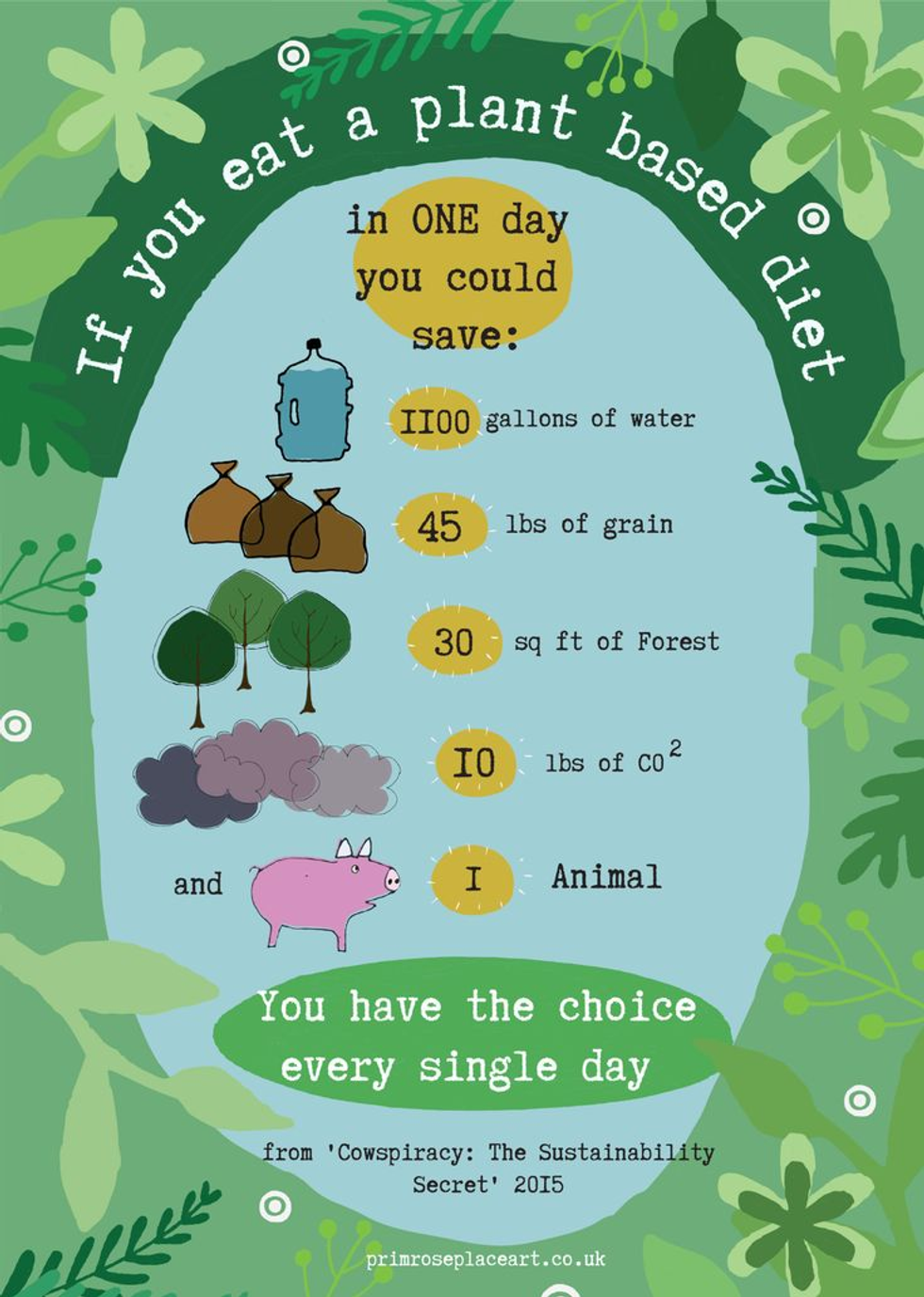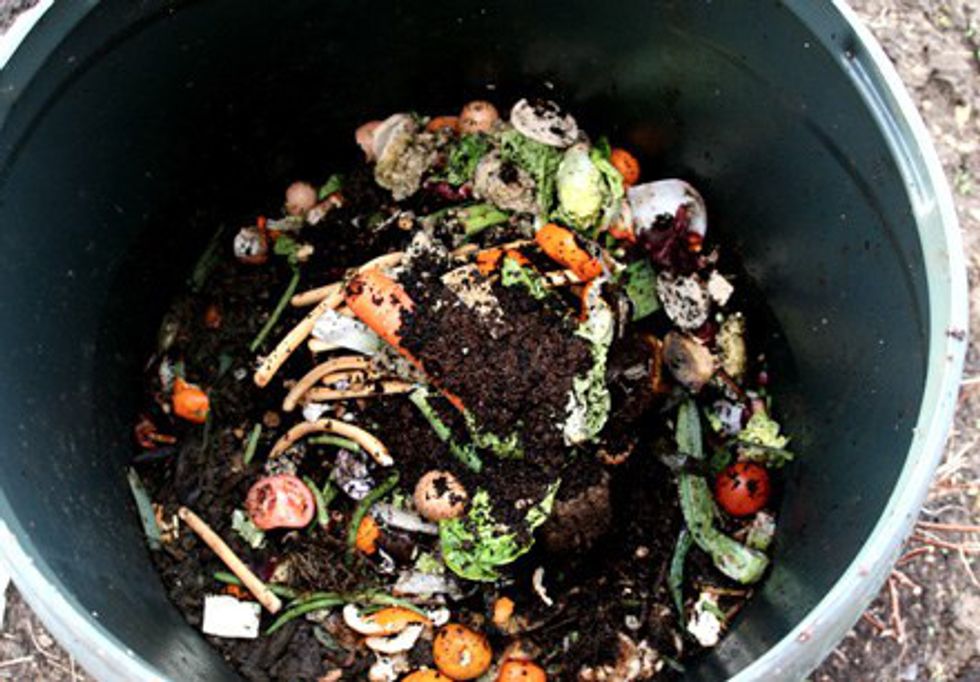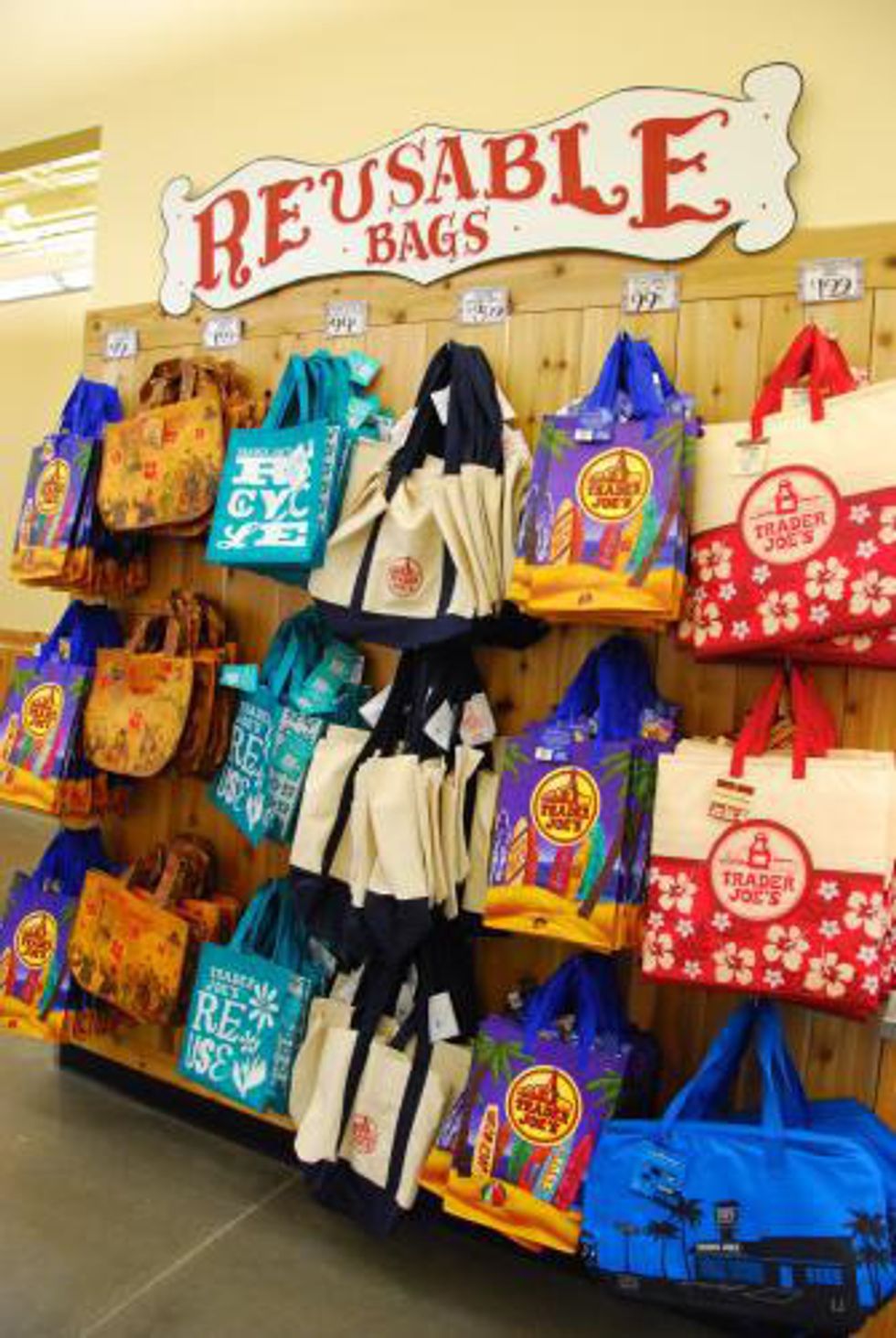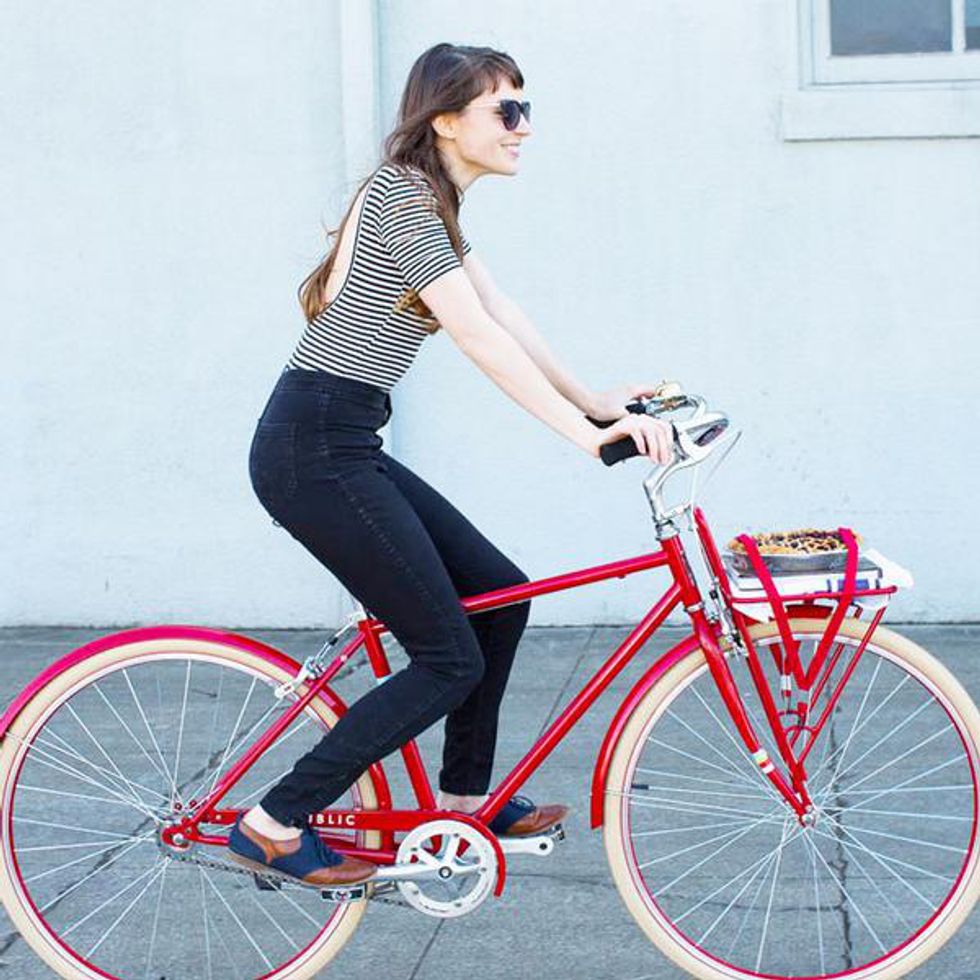In the U.S. alone one person produces an average of 4.6 pounds of trash per day, and the U.S. uses an average of 2,500,000 plastic bottles every hour every single day. Those staggering statistics are just the beginning of the issues we have. San Francisco is known for being environmentally conscious and recently passed a tough law banning the sale of Styrofoam products starting January 1, 2017. While it may take years for other states to follow in San Francisco's footsteps there are a few changes we can make right at home.
1. Pack Your Own Lunch
Try packing your own lunch with reusable containers. Foods that don’t need wrappers are probably healthier for you. Bento boxes are back in style so consider buying one and planning out your perfect sized lunch. This is a great way to cut down on needless packaging, and your wallet will thank you for not buying lunch from Chipotle every other day.
2. Stop using plastic
Americans buy an estimated half a billion plastic bottles of water every week — and many of them end up in landfills. Plastic never actually goes away even when you throw it out it ends up in trash sites but also drifts into forests, lakes, oceans, and other natural sites. Every square mile of ocean has 46,000 pieces of plastic floating in it which is detrimental to the ocean life. Invest in a good stainless steel or glass reusable water bottle which will keep your beverages nice and cold.
3. Eat plant based
It takes 100 to 200 times more water to produce a pound of beef than it does to grow a pound of plant foods. You save water, animals, and land even by going plant based for a few days a week. It’s beneficial for your health and the animals and it is worth it to give it a try.
4. Compost
For anyone interested in starting their own backyard garden or just cutting back on wasting food consider composting. Composting is a natural way to recycle organic waste such as leaves and vegetable scraps into a rich soil. Compost encourages healthy root systems, which decrease runoff and also can reduce or completely eliminate use of synthetic fertilizers.
5. Use reusable bags
Ditch the plastic bags they offer you at the grocery store and buy a few reusable bags in multiple sizes. This significantly cuts down on plastic bag use which is harmful to the environment and wildlife. Check out Trader Joe’s or even Amazon to buy a few bags that will last you a long time.
6. Walk or Bike
Walking or biking is good for your health and the planet. No harmful emissions Walk or bike to your classes instead of driving or taking the bus if possible. It’s recommended that we get 10,000 steps in per day that adds up to about five miles, and by making small changes you can reach that goal in no time.




